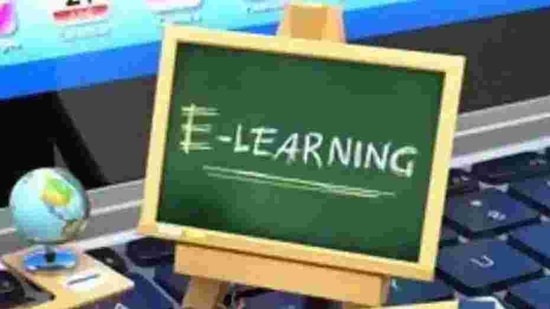Students left behind in wake of Covid, teachers rush to address learning gaps
The government has over the past few weeks reopened schools for classes 9 to 12 for the first time since classes moved online in March last year.
With students in the national capital returning to school after nearly 10 months and board examinations due in May, teachers must cover learning gaps borne out of the prolonged closure of educational institutions due to Covid-19. School officials said the problem is more acute for students who had limited access to online classes and will now be forced to hurriedly make up for a lost time.

Thoe government has over the past few weeks reopened schools for classes 9 to 12 for the first time since classes moved online in March last year. Teachers and principals in several schools said their focus will be on preparing students for board exams that are scheduled to start on May 4.
In the past few days, schools have also been conducting assessments to gauge how much students have learnt over the previous months. Devendra, principal of Sarvodaya Bal Vidyalaya in Rouse Avenue said only 40% of Class 10 and 12 students in the school passed the internal assessment.
“Many students who don’t have smartphones and Internet connectivity could not attend online classes or access digital study material in the last 10 months, and are now lagging. Besides, students have completely lost the habit of writing. We are now planning to divide the syllabus into small portions. We will teach a portion for 10 days and then take an exam. This way, students will cover everything and get into the habit of writing once again,” he said.
For mathematics teachers at government schools, the challenge is even greater. They said they are now focussing on topics that hold the most weightage in the exams — theorems, construction, and simple statistics.
Gopal Krishnan, a mathematics teacher at Sarvodaya Bal Vidyalaya in Subhash Nagar, said, “It was difficult for many students to study math online. We don’t have enough time to teach and revise the entire syllabus during offline classes, and will have to focus more on students who are weak in the subject. We are planning to give crash courses to students ahead of their board exams where we will only teach important topics.”
Several students also said they struggling to get back on track, after having effectively been left behind during a significant chunk of the online-learning phase.
Amir Hussain, a Class 10 student at a government school in Jama Masjid area, said, “I could not attend online classes till September because I did not have a smartphone. I started studies when my mother managed to get me a phone in October. I am glad that the schools have reopened but I am still struggling to catch up with my classmates.”
Schools said many underperforming students are those who were promoted to Classes 10 and 12 in August through a revised promotion policy that took into account test scores, assignments as well as grace marks. Sujata Tamta, head at Sarvodaya Kanya Vidyalaya in Molarband, said they have identified these students and assigned teachers who can monitor their progress.
“On an average, one teacher has to oversee five students. They will monitor the student’s progress, coordinate with other subject teachers, communicate with the ward and identify areas where they need help. Offline classes have helped us focus our attention on such students, but we are concerned since they joined late,” she said.
Teachers at government schools also raised concerns over students who have been out of touch since March last year. HT on Thursday reported that around 31,000 students enrolled in 1,030 state government schools (from kindergarten to Class 10) remain untraceable.
Sant Ram, a member of the Government School Teachers’ Association, said, “We can still work hard by planning personalised study material for those who are attending classes. But what will be done about those who could not be reached out despite all efforts?”
An official at Delhi government’s education department said, “Efforts are being made to provide all possible assistance to students for their board exam preparation. There are some students who could not attend online classes. Schools have been advised to focus more on such students.”












